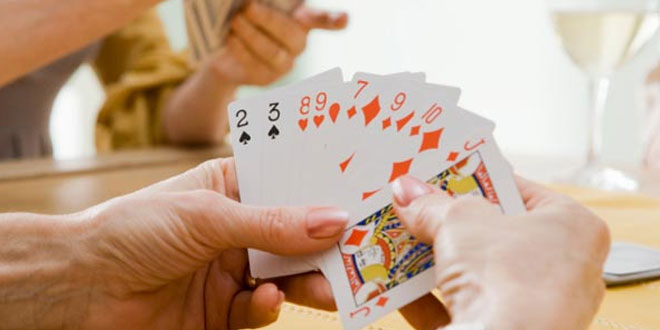
Traditional games as good as virtual reality games in stroke recovery
New research published this week in the journal Lancet Neurology has found that simple and inexpensive activities such as playing cards can be just as effective in helping to rehabilitate stroke victims as the latest high-tech computer games.
The new study, led by Dr Gustavo Saposnik, a neurologist at St Michael’s Hospital in Toronto, was based on a clinical trial conducted at 14 centres in four countries.
The trial’s participants were split randomly into two groups, with one group receiving 10 one-hour sessions of virtual reality using the Nintendo Wii system, and the other spending the same amount of time taking part in traditional and simple games such as playing cards or dominoes.
Both groups also received conventional rehabilitation therapy.
The results showed that both groups benefited from a 30 per cent improvement in motor performance at the end of two weeks of the intervention, and a 40 per cent improvement four weeks after the intervention.
Dr Saposnik was also surprised to find that both activities had an equally beneficial effect on the participant’s strength and co-ordination, commenting that, “There was no significant difference between the two groups in terms of strength, dexterity, gross motor skills, quality of life or activities of daily living.”
“We all like technology and have the tendency to think that new technology is better than old-fashioned strategies, but sometimes that’s not the case. In this study, we found that simple recreational activities that can be implemented anywhere may be as effective as technology,” he added.
Although many previous studies, including Dr Saposnik’s own, have produced contradictory results, showing up to 20 to 30 per cent improvements in the motor skills of patients who had virtual reality therapy, Dr Saposnik believes the new findings could be down to the size of the clinical trial — which is the largest of its kind — and because in this study both groups received the same amount of conventional therapy and then the same amount of time partaking in the “extra” activities, whereas in previous studies groups who received conventional and virtual reality therapy were compared to those who received conventional therapy only.
Dr Saposnik also commented that the study’s findings will be good news for the 15 million people worldwide who suffer a stroke each year, but who may not live near a stroke rehabilitation centre, or in a country with the latest health care resources, or for those who have no healthcare insurance.
Source: AFP-Relaxnews

